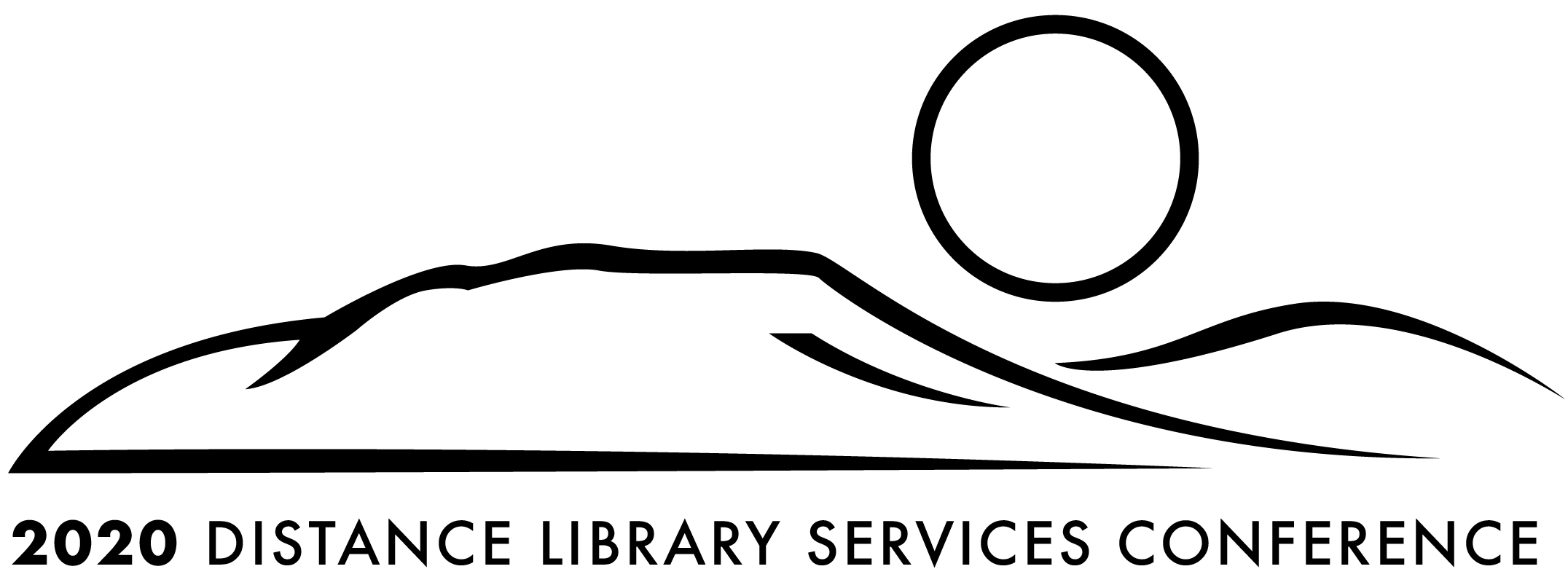Flip This House!: Updating and Designing An Online First Year Seminar Module Series
Session Format
In-person Full Paper Presentation
Conference Tracks
Library Instruction and Instruction Design
Short Description
The authors of this paper will explain how one library collaborated to update and expand a required First Year Seminar Online Library Component. An emphasis will be placed on the planning and design process, including a review of the old content, and incorporation of Universal Design for Learning Principles, and creating campus buy-in from a variety of stakeholders including First Year Seminar librarians, First Year Seminar Faculty, and students.
Long Description
Appalachian State University prepares students to lead purposeful lives as global citizens who understand and engage their responsibilities in creating a sustainable future for all. The University Libraries support this mission by cultivating an environment where people discover, create, and share information that reflects the acquisition of 21st century knowledge skills. One example of this is the First Year Seminar Online Library Component (FYSOLC), a set of information literacy modules and library orientation aligned with four ACRL Information Literacy frames. The FYSOLC is a requirement for AppState’s First Year Seminar program: approximately 150 course sections per year, equaling well over 3,000 students. Originally completed and deployed in 2015, the FYSOLC is comprised of original and OER content and is delivered through AppState’s LMS. It was designed to replace in-person information literacy instruction, making the Libraries’ programming more sustainable and consistent. As a result of the FYSOLC’s popularity, it recently experienced expansion to courses in AppState’s two additional first year programs, making information literacy a required component for nearly all incoming students. The E-Learning and First Year Experience Librarians are currently in the process of revising the FYSOLC with eyes on Universal Design for Learning and to spark awareness in a post-truth world of biased algorithms, big data, and fake news. Coming at a time of unprecedented growth in enrollment for the university, the librarians are also collaborating with stakeholders to introduce elements of augmented/virtual reality and authentic assessments, with the primary goal of creating a singular experience to engage and prepare all learners as they become global citizens. This paper will chronicle the story of the revision and offer strategies, best practices, and resources for librarians revising their own modules or who are starting from scratch.
Learning Objectives
After attending this session, attendees will be able to
-
Consider Universal Design for Learning Guidelines and backwards design when creating online learning content.
-
Integrate best practices when creating buy-in from multiple campus stakeholders.
-
Map and scaffold critical information literacy content to the ACRL framework and learning outcomes
Flip This House!: Updating and Designing An Online First Year Seminar Module Series
Appalachian State University prepares students to lead purposeful lives as global citizens who understand and engage their responsibilities in creating a sustainable future for all. The University Libraries support this mission by cultivating an environment where people discover, create, and share information that reflects the acquisition of 21st century knowledge skills. One example of this is the First Year Seminar Online Library Component (FYSOLC), a set of information literacy modules and library orientation aligned with four ACRL Information Literacy frames. The FYSOLC is a requirement for AppState’s First Year Seminar program: approximately 150 course sections per year, equaling well over 3,000 students. Originally completed and deployed in 2015, the FYSOLC is comprised of original and OER content and is delivered through AppState’s LMS. It was designed to replace in-person information literacy instruction, making the Libraries’ programming more sustainable and consistent. As a result of the FYSOLC’s popularity, it recently experienced expansion to courses in AppState’s two additional first year programs, making information literacy a required component for nearly all incoming students. The E-Learning and First Year Experience Librarians are currently in the process of revising the FYSOLC with eyes on Universal Design for Learning and to spark awareness in a post-truth world of biased algorithms, big data, and fake news. Coming at a time of unprecedented growth in enrollment for the university, the librarians are also collaborating with stakeholders to introduce elements of augmented/virtual reality and authentic assessments, with the primary goal of creating a singular experience to engage and prepare all learners as they become global citizens. This paper will chronicle the story of the revision and offer strategies, best practices, and resources for librarians revising their own modules or who are starting from scratch.

